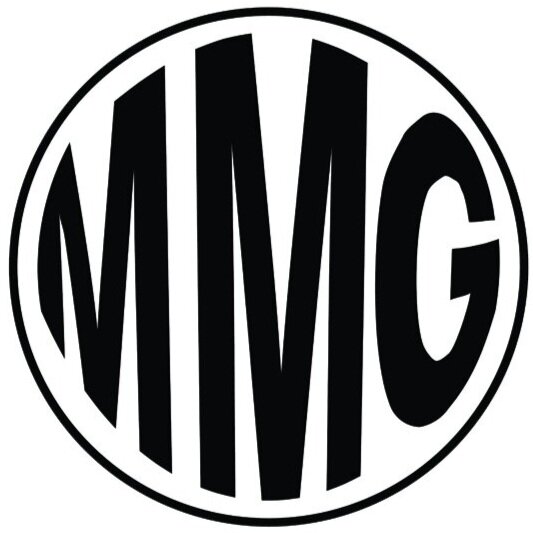Get checked men
Get Checked – Men
A cancer prevention plan for men
Finding cancer early improved your chances of successful treatment and long-term survival.
What to look out for:
· Lumps, sores or ulcers that don’t heal
· Unusual changes in your testicles – changes in shape, consistency, or lumpiness
· Coughs that don’t go away or show blood, a hoarseness that persists
· Weight loss that can’t be explained
· Moles that have changed shape, size or colour, or bleed, or an inflamed skin sore that hasn’t healed
· Blood in a bowl motion
· Persistent changes in toilet habits
· Urinary problems or changes
These symptoms can also relate to other less serious health conditions. However, if you notice any unusual changes, you should book an appointment with your doctor to have it assessed.
Prostate cancer detection
The cause of prostate cancer is unknown. There is no single, simple test to detect prostate cancer.
Prostate cancer may be suspected with a blood test that checks your Prostate specific antigen (PSA) levels. Speak with your doctor if you notice any changes and think you may need a PSA test.
It is estimated that 16 741 men were diagnosed with prostate cancer in 2020
Changes in your testicles
Although testicular cancer is rare it is one of the most common cancers in men aged between 15 and 45. It is also one of the most curable cancers if found early.
It is estimated that 850 men are diagnosed with testicular cancer each year account for 1% of cancer in males.
Ask about screening for bowel cancer
Early detection of bowel cancer greatly improves chances of successfully treatment.
Your risk of bowel cancer increases with age. If you are over 50 you should be teste for bowel cancer every two years.
The National bowel screening program, using FOBT is offered free to all Australians aged between 50-74 every two years. If it’s time for you to do a bowel test speak with your doctor.
1 in 17 males will be diagnosed with bowel cancer by the time they are 85
Healthy heart check
If you're 45 and over, or 30 and over if you're of Aboriginal or Torres Strait Islander descent, you should book your Heart Health Check today
1.4 million Australians have a high chance of having a heart attack or stroke in the next five years. Many are unaware of this risk
Regular heart health checks with your GP help you better understand your risk of a heart attack or stroke in the next five years
Your GP and nurse can support you to make positive changes to lower this risk
What to expect from a healthy heart check?
· Your doctor will assess your risk factors:
Your blood pressure
Your cholesterol
Your blood sugar levels
Your physical activity
Your diet
If you smoke
If you drink alcohol
Family history
Your ability to maintain a healthy weight
Using this information the doctor will asses your risk of having a stroke or heart attack in the next 5 years and set a plan to improve your heart health
For information you can visit
https://www.cancer.org.au/cancer-information/causes-and-prevention/early-detection-and-screening/get-checked-men

